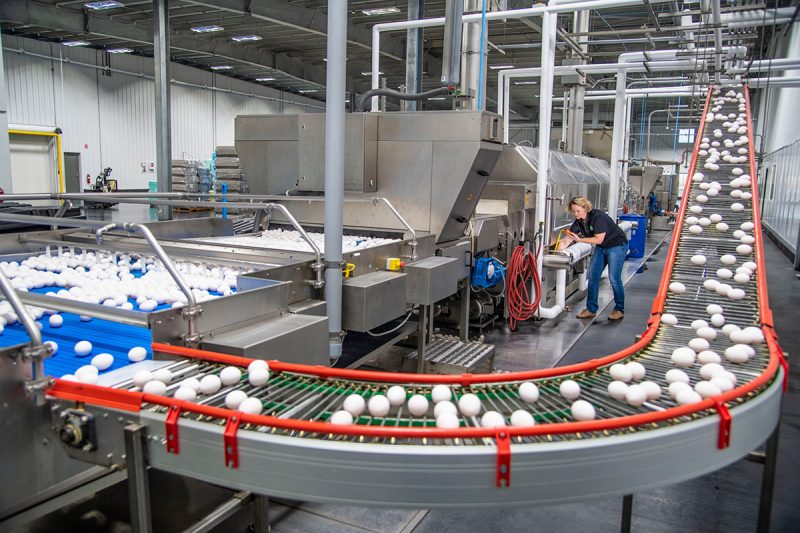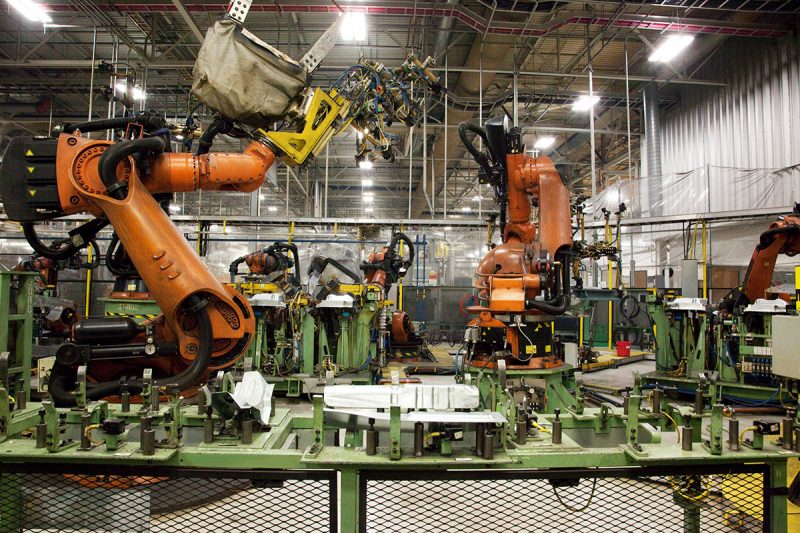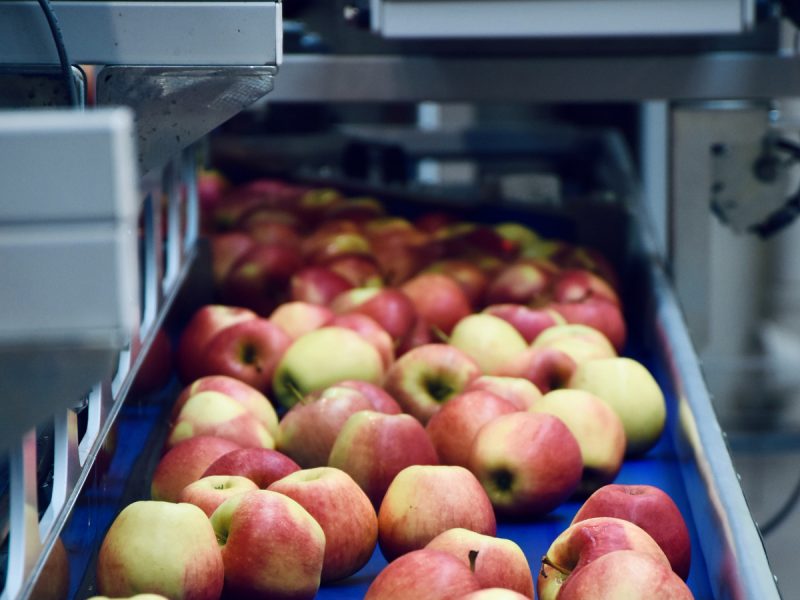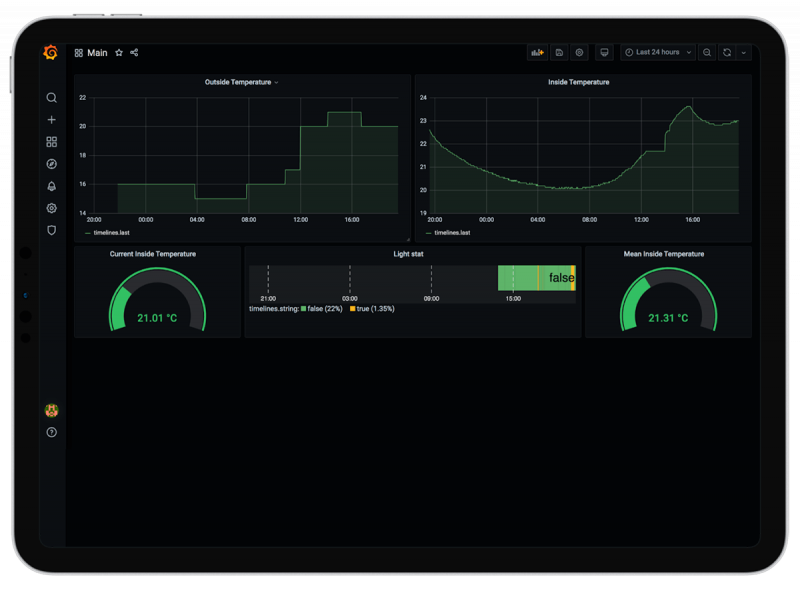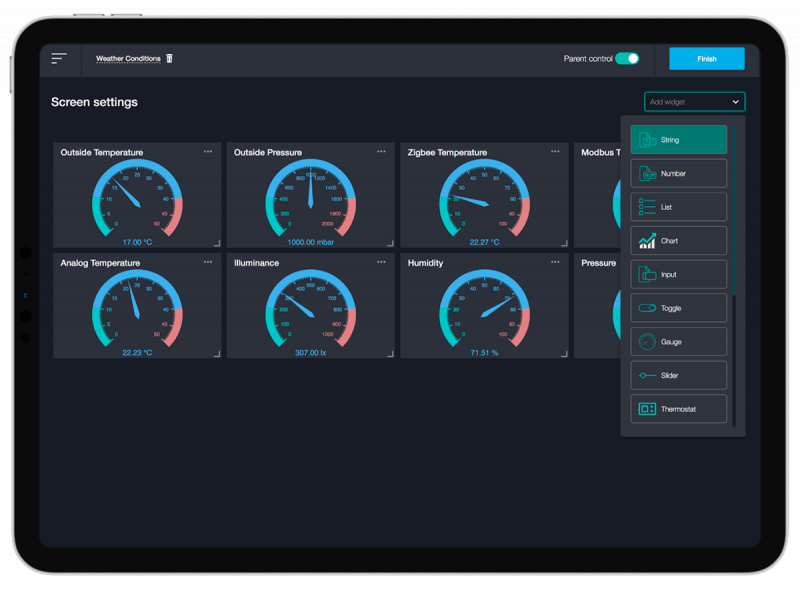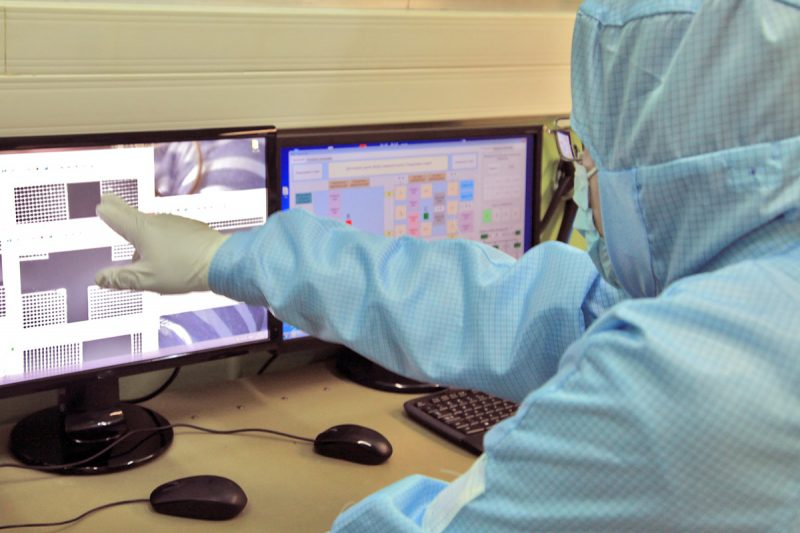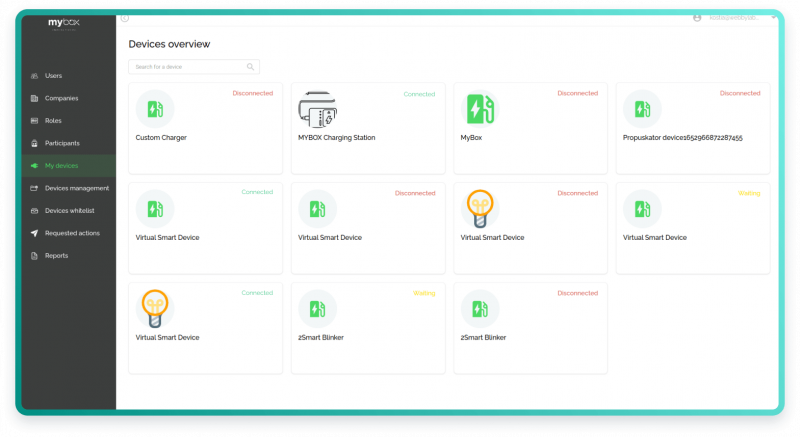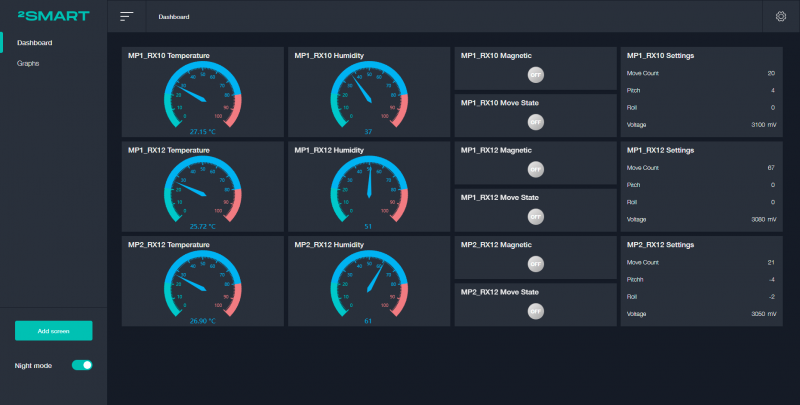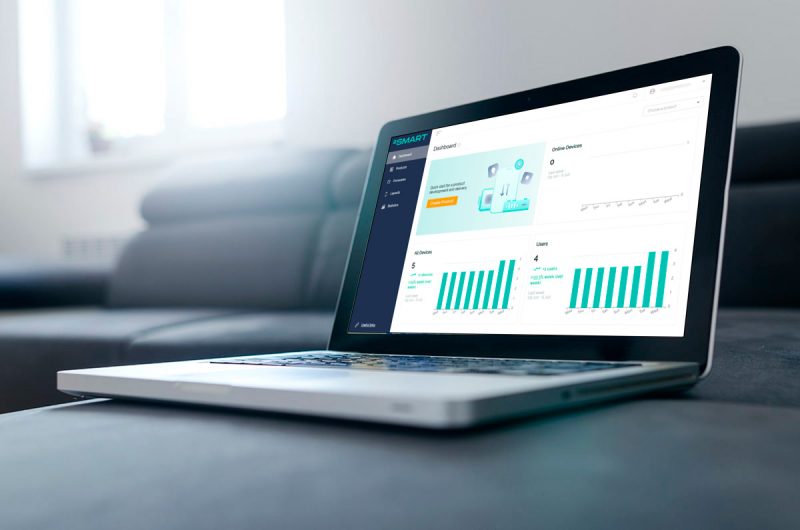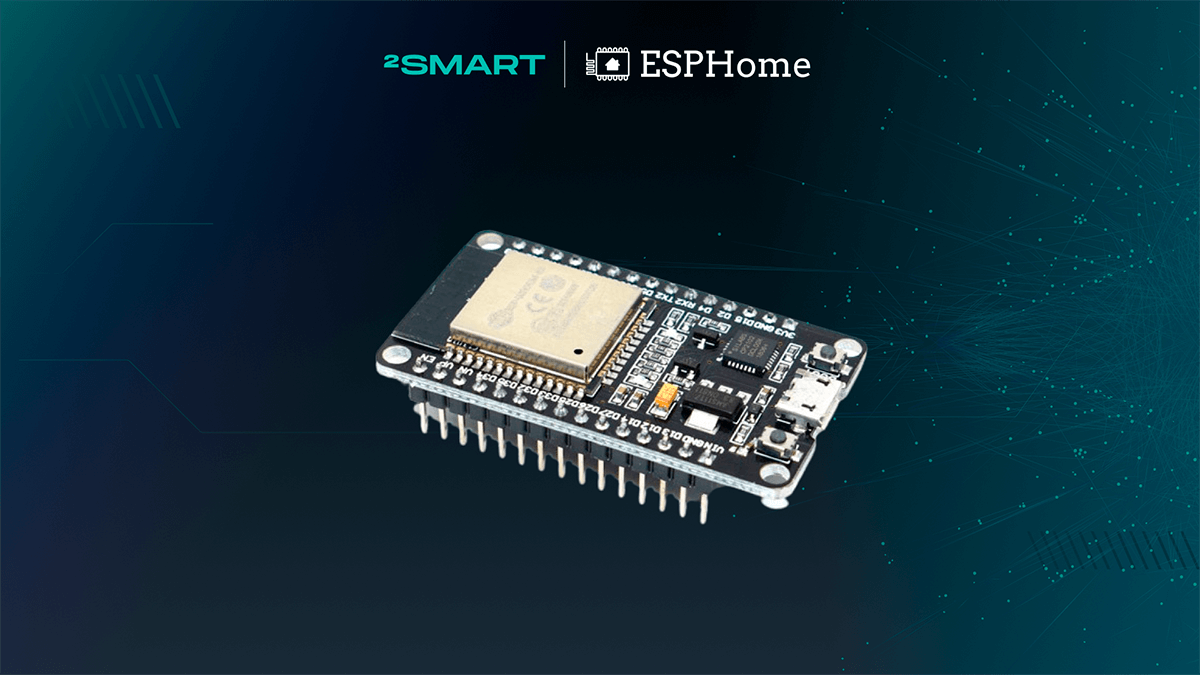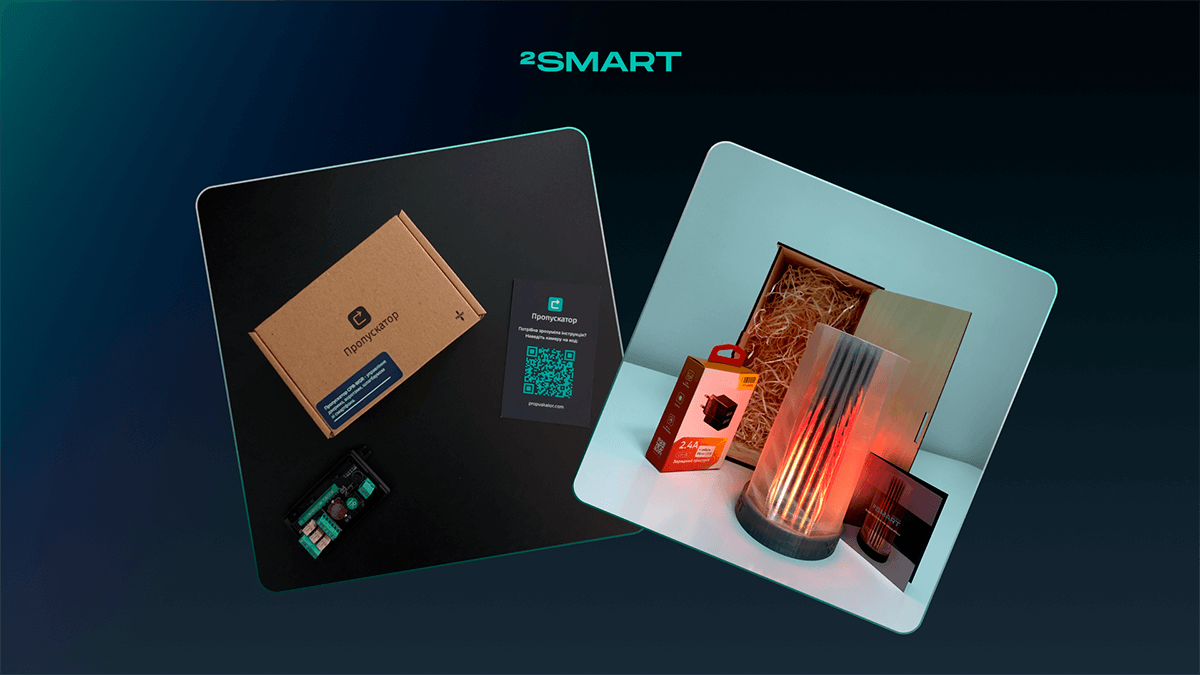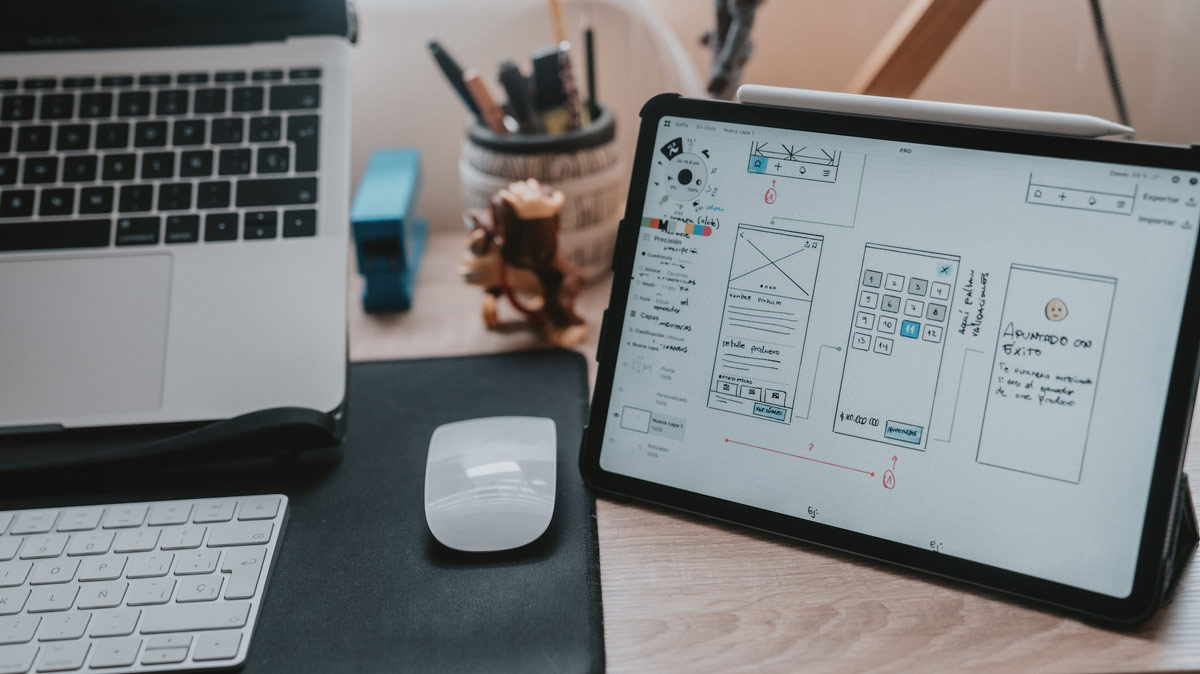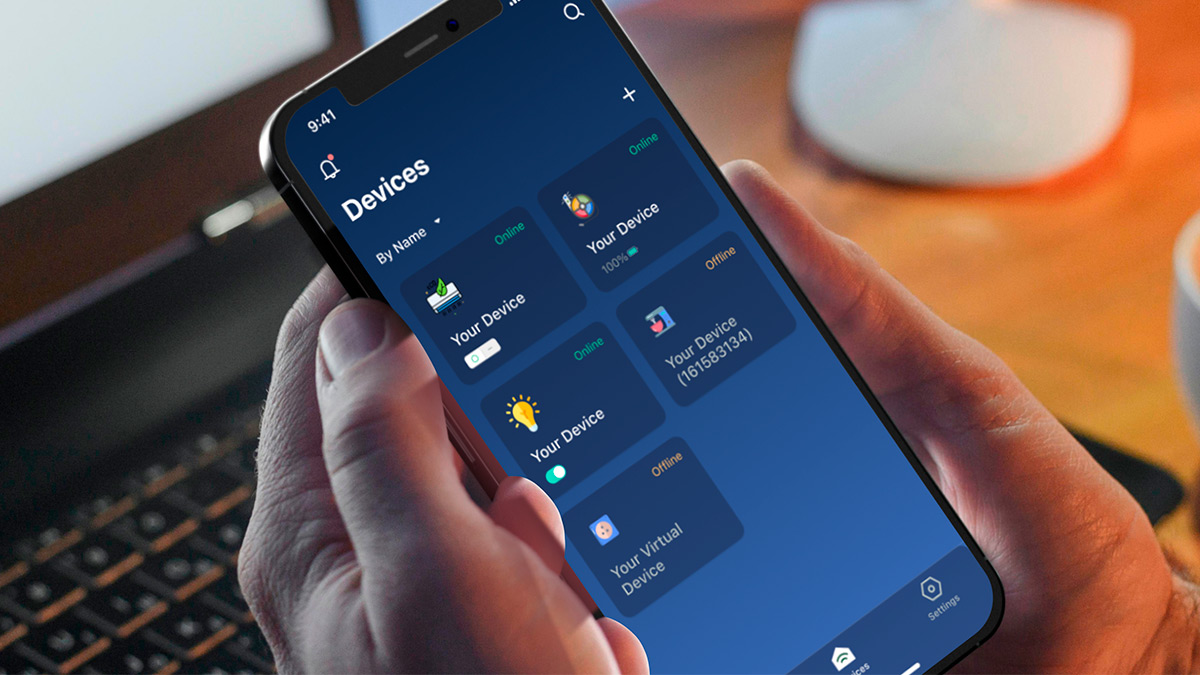Table of contents:
Internet of Things (IoT), in the broad sense, are smart devices that have access to the internet and other means of communication. They are able to exchange data with other pieces of electronics. Nowadays, such computerized solutions are present in nearly every niche.
IoT’s impact on business is hard to underestimate, since it contributes to the improvement of multiple business processes. Computerized units have two key objectives: automation and connectivity. The importance of their incorporation can easily be tracked just by reviewing statistics that show the growth of global spending on IoT from $418 billion in 2021 to $594 in 2022. Can IoT actually benefit your business? Let’s figure it out.
Which Business Will Profit from IoT Platforms?
Regardless of the niche, workers are usually to deal with some consumer electronics. Yet, the influence of benefits of the internet of things on business may vary depending on the industry. Here is the list of those who daily reap the benefits of IoT solutions.
Manufacturing Industry
Production of goods and products, from food and simple items to complex electronics and vehicles, is where IoT comes out in full force.
Below we listed levels of business processes, where IoT impacts the manufacturing industry, from the basic to advanced ones, with prolonged operational timeframes:
- Equipment/asset data.
Sensors, drives, actuators, and other smart electronics heavily impact the company’s ability to track operational conditions on its manufacturing premises. These include temperature, atmospheric pressure, and relative humidity. Also, other IoT units may check up the operability of core production hubs.
Besides, IoT enabled, optical sensors can conduct automated quality testing by taking hundreds of images of products passing the manufacturing line and cross-checking them in comparison to the examples of high-quality items.
Such interventions significantly lower rejection rates, reduce the risks of unplanned downtime, and overall improve working conditions.
- Production data, supervisory control and data acquisition (SCADA) system, and Programmable logic controllers (PLC) system.
These manufacturing aspects are involved with smart equipment, assets, tools for measuring production parameters, and more. In this case, the internet of things pros for business are focused on optimizing batch production, continuous production, and discrete production processes.
- Manufacturing Execution System (MES) and Maintenance, Repair, and Operations (MRO) systems.
On this level, IoT units are responsible for facilitating manufacturing operations management. For example, collecting data for assembly jobs fulfillment, tracking production data, monitoring inventory stored at warehouses, and more.
- Customer relationship management (CRM).
When it comes to CRM, IoT optimizes the processing of orders and shipping of goods to customers. Besides, computerized systems can greatly facilitate forecasting and planning through means of connectivity. Finally, gathering and exchanging info assists the customer support team in resolving users’ concerns.
- Business intelligence (BI) and corporate systems.
Finally, IoT, as a smart system for collecting, processing, and transferring information, enhances corporate performance in general. It’s done via making tools of data analysis actually work and produce accurate reports. In addition, IoT also plays a significant role in strategic decision-making.
Retail
Let’s take a closer look at the usefulness of IoT in the niche:
- Optimization of the supply chain. This is achieved through the incorporation of GPS and Radio Frequency Identification (RFID) technologies. They help to track brand products through the entire supply chain.
- Enhancement of in-store experience. Replacing human staff with automated technology and creating a system of smart suggestions is what Amazon Go excels in.
- Increase in management efficiency. IoT can work well with automated packaging services, Stock Keeping Unit (SKU) accounting, inventory monitoring, and even facility management.
A real-life example of IoT benefits for business is the experience of G-Star Raw retailer. The company actively uses NFT marks for tracking their items and a mobile app for monitoring their inventory connected to the vendor’s database.
Agriculture
This industry relies on IoT-enabled automation immensely. Here are examples that show how far smart agriculture systems actually progressed over the past decades:
- Smart farming solutions to monitor crop fields using sensors of light, humidity, soil moisture, and temperature.
- Agriculture drones for irrigation, crop spraying, planting, and more.
- Smart greenhouses with capabilities to control the climate autonomously.
- Precision farming that includes livestock monitoring, field observation, and vehicle tracking IoT-based systems.
Modern-day agriculture is one of the largest consumers of computerized, industrial solutions.
If we talk about specific examples, the 2Smart blog describes the case of a fully automated greenhouse system based on the open-source automation platform 2Smart Standalone. The greenhouse is divided into several sectors, each maintaining a unique microclimate that meets the requirements for growing different crops.
The greenhouse automation platform controls and maintains within specified limits the following parameters, which are monitored using appropriate sensors:
- air temperature and humidity,
- carbon dioxide level in the air,
- soil temperature and moisture,
- lighting level and duration.
Historical values of sensors collecting these parameters are stored in a database. The greenhouse administrator can view them on graphs and diagrams at any time.
To ensure that all the above parameters correspond to the settings, the greenhouse is equipped with the following controlled devices:
- heating/cooling system,
- ventilation system,
- watering system,
- fertilizer delivery system,
- lighting system.
Greenhouse administrators use a web application to configure and monitor the system. They also have access to a mobile application for remote monitoring and control.
As a result, using an automation system in agriculture allows you to save energy and resources for growing crops and get a higher yield.
Healthcare
Today, portable devices cannot impress anyone. On the contrary, telemedicine and, as a result, patient-centered IoT electronics have just started to gain wide appreciation. Here are a few recent examples of IoT in healthcare and medicine:
- Wearable ECG monitors for creating electrocardiograms, tracking heart rate, and measuring other vital signs.
- Portable blood pressure monitors for checking blood pressure levels and measuring daily activity.
- Hand-held biosensors come in the form of gloves, bandages, and even implants. They are used for continuous, non-invasive diagnostics of patients.
These and other IoT units help to lower the workload of hospitals and deliver a better patient experience.
Energy Management
Energy management becomes significantly more efficient through Internet of Things solutions. IoT platforms provide potent capabilities for energy efficiency, network management, and predictive maintenance. Using sensors and automation systems also enables energy companies to reduce carbon emissions and integrate renewable energy sources.
IoT solutions also help energy companies simplify their interaction with consumers. Such organizations can achieve high billing accuracy and provide detailed energy usage information through user portals and applications. This reduces the number of disputes and increases customer loyalty.
An example of using IoT solutions in energy management is the collaboration of 2Smart with the manufacturer of electric vehicle chargers, MyBox. The EV charging management platform developed by our team allows the customer to remotely monitor and manage a network of several thousand charging stations for themselves and their subsidiaries.
The mobile application provided by 2Smart to the customer allows end users to connect to charging stations and charge their electric vehicles. At the same time, the same mobile application provides technicians and administrators with tools to monitor and maintain charging stations.
You can learn more about the solution 2Smart provided to the customer in the article about developing a cloud platform for EV charging management.
Transportation
Implementing IoT solutions in the transportation industry is revolutionizing transportation systems and providing numerous benefits to businesses and consumers. Below are just a few of them:
- Possibility of real-time monitoring of cargo location and transportation conditions.
- Optimization of logistics and reduction of fuel and transport maintenance costs.
- Improving the quality of customer service by providing real-time information about the location of passenger transport or cargo.
When implementing IoT solutions in the transport industry, devices with a GPS sensor are usually used. A convenient protocol for transmitting data to an IoT platform is LTE, for which excellent infrastructure has been deployed along most highways.
A possible example of implementing the Internet of Things in the cargo transportation industry is described in the article about IoT monitoring using Teltonika equipment and the 2Smart automation platform. Teltonika produces sensors for monitoring temperature and humidity and routers that include GPS sensors and LTE modems. This set of equipment provides the minimum necessary control over the condition and location of the cargo. The monitoring and automation platform makes it possible to collect and monitor this data remotely, both in real time and in terms of historical values.
Automation also allows transport companies to set up alerts about events where controlled parameters exceed established thresholds. The transport company dispatcher, having received such an alert, can contact the driver and take urgent measures to ensure the safety of the cargo.
Role of the IoT Platform in Manufacturing Business
Let’s review some applications of IoT, which contribute to great tech solutions in manufacturing business
Asset Management
IoT proved itself to be useful for maintaining strict control over inventory usage and asset management a long time ago. As an example, companies use scanners, NFT marks, smart shelves, and other tracking devices to prevent losses of goods. Besides, more and more enterprises tend to invest in knowing where every piece of their property is at a certain point.
Real-time Inventory Tracking and Supply Chain Management
Recording sales and purchases and correlating them with the inventory available is the best way to avoid stock-out. Such information enables businesses to meet delivery schedules and replenish stock levels in a timely manner. It also helps to prioritize “soon to expire” items to minimize waste and maximize profitability.
Predictive Maintenance
The so-called “run to failure” concept is no longer valid when it comes to the way manufacturers approach their costly capital assets. There is an entire IoT-enabled system that builds a single strategic system focused on enhancing the asset life and preventing unplanned downtimes:
- Asset health/condition monitoring.
- Asset lifecycle management.
- Asset workflow automation.
- Predictive asset maintenance.
The end result is a dynamic-edge control of assets combined with automated workflow and optimized strategic planning regarding factory workload.
Energy Management & Monitoring Environmental Parameters
IoT sensors are constantly used by manufacturers that try to meet requirements regarding energy waste and pollution. Real-time checking of the composition of gas emissions generated by the factory may even be a regulatory requirement. Compliance is usually required if a manufacturer produces potentially toxic or chemical products.
Reduced Costs, Minimized Waste, and Increased Effectiveness
Placing IoT-enabled optical sensors on production lines is how every manufacturer improves its Quality Assurance (QA) practices. Timely spotting of a defect helps to prevent fabricating of an entire batch or sub-quality goods. It directly lowers rejection rates and enhances productivity.
Let’s collaborate
We’re empower your business with our technology expertise
How the Internet of Things Platform Impacts Manufacturing Businesses
This far, IoT proved itself to be a useful technology for solving automation and connectivity issues. In the real-world environment, it helps innovative companies to maintain or gain their competitive edge. And this effect is one of the most essential indirect advantages of the internet of things in business. But more than that, IoT implementation also impacts the mindset of consumers and affects consumption patterns.
Here are the ways in which IoT transforms enterprises, the external environment, and business processes:
- Forms innovative business lines.
- Helps to deliver value-added services.
- Drives real-time insights.
- Changes the consumption model.
- Generates new customer demands.
- Creates new customer experiences.
- Reduce the amount of routine, manual work.
The business environment is never the same after the integration of usable IoT solutions. Manufacturers, their workforce, and their customers may even need some time to get used to new realities.
Benefits from the IoT Platform for Manufacturing Business
Let’s proceed with reviewing the advantages of IoT platform for business focused on producing goods and products:
Increased Business Profitability
After all, IoT is all about better production outcomes, faster delivery of goods, and higher customer experience. In tandem, these aspects allow any business to increase its revenue per dollar spent. It already justifies any form of this technology’s use and is one of the greatest benefits of implementing IoT in business.
Increased Work Safety
Better inventory management, monitoring of the environmental conditions, and top-level predictive maintenance are what has a huge impact on work safety. Not to mention that reduction of some manual operations also lowers risks for your staff to get injured. That’s one of the greatest advantages of IoT in business.
Optimized Yield
Better QA practices in place, strategically planned downtimes, and solid inventory management, especially regarding raw materials, are what may significantly optimize the yield. Reduction of variable expenses per produced item is known to be the major goal of any manufacturer.
Enhanced Brand Image
When talking about the benefits of an IoT platform for business, the enhancement of customer experience is probably most important. It’s achieved by delivery of value-added services, preventing stock-out, and offering reliable shipping at lower costs. The quality of goods produced and the sustainability of a factory matter as well.
Consider 2Smart Your Trusted Partner
When you deal with innovations, it’s essential to choose a reliable vendor to work with. Without hesitation, give preference to ready-to-use or custom IoT solutions distributed via the 2Smart IoT platform.
2Smart team is a market-leading supplier of IoT-enabled dev solutions for small startups and big businesses. From simple tracking devices and complementary software to fully-fledged cloud infrastructure and robotized devices, we offer all types of services to our clients, helping them achieve the desired results.
Find out how your business may benefit from using high-end IoT solutions. Drop us a line and share your project details.
Final Thoughts
The positive impact of the advantages of IoT for any business is hard to argue against. Whether you are a manufacturer, retailer, healthcare provider, or represent a business of any other kind, IoT integration is a universal solution to your automation and connectivity issues.
Interested in the integration of Internet of Things technologies in your business processes and looking for a custom IoT development company? Contact 2Smart for a free strategy session.
FAQ
- What are the benefits of IoT in business?
Advanced technologies help to achieve better quality, profitability, user experience, and sustainability and increase competitive capacity. Therefore, the advantages of an IoT platform for business are huge.
- What is the impact of Internet of Things solutions?
IoT plays a crucial role in the context of two major aspects: automation and connectivity, but its influence extends to a number of adjacent business processes.
- Which businesses benefit the most from an IoT platform?
Nowadays, the entire manufacturing and agriculture industries use IoT solutions to the greatest extent and in a vast number of ways.
Don't forget to share this post!
Read Next
Let’s dive into your case
Share with us your business idea and expectations about the software or additional services.

